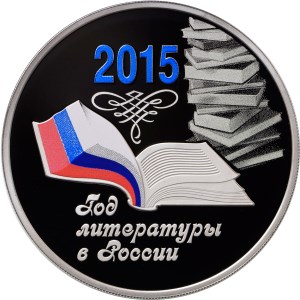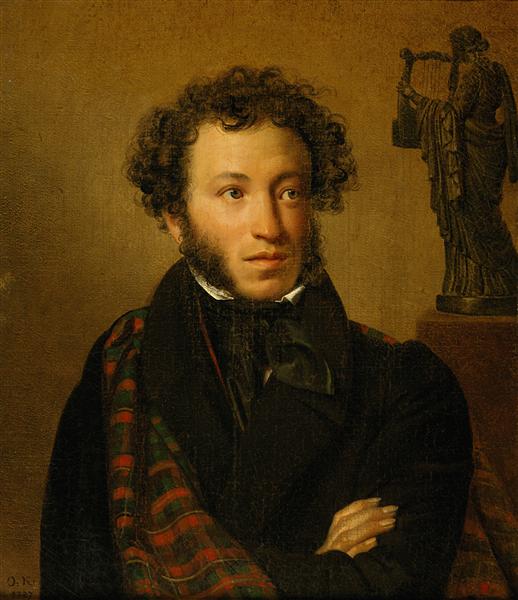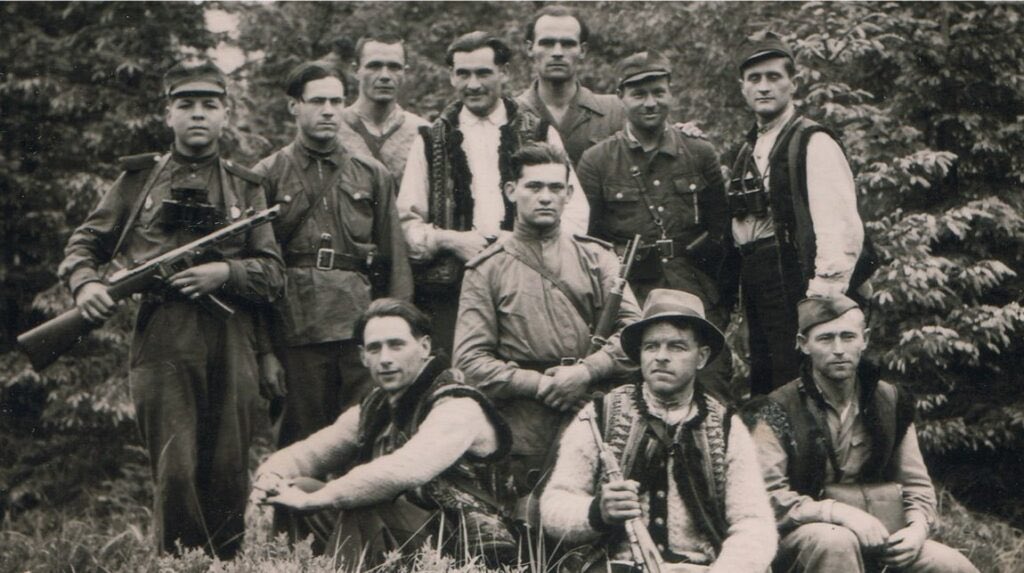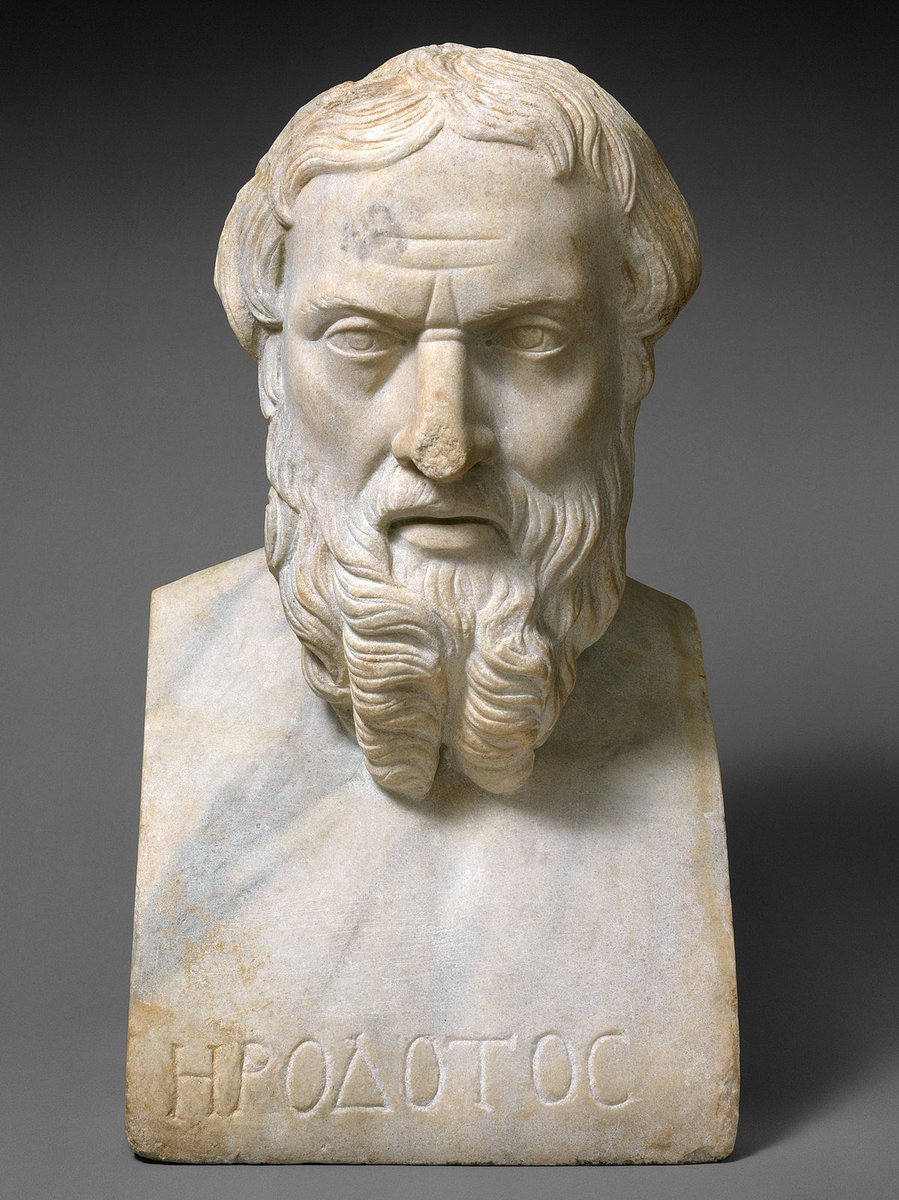In today’s Russia, literature is the same state control tool as it was during the USSR and 🇷🇺 Empire. In 2015, Putin acknowledged the instrumental role of literature, declaring it the year of literature in Russia. He emphasized its importance in “uniting a nation around spiritual… twitter.com/i/web/status/1… 

Modern Russia's exploitation of literature differs from past authoritarian regimes due to rapid changes in the digital world. In the monopolized information space, state-controlled media plays a crucial role in disseminating "right" narratives, shaping historical memory, and… twitter.com/i/web/status/1… 

Russia weaponizes literature to further its ideology and suppress dissent both domestically and abroad. In the occupied parts of Ukraine, Russia removes Ukrainian books from libraries.
#StopRussianPropaganda
#StopRussianPropaganda

source: war.ukraine.ua/articles/inter…
• • •
Missing some Tweet in this thread? You can try to
force a refresh

 Read on Twitter
Read on Twitter

























